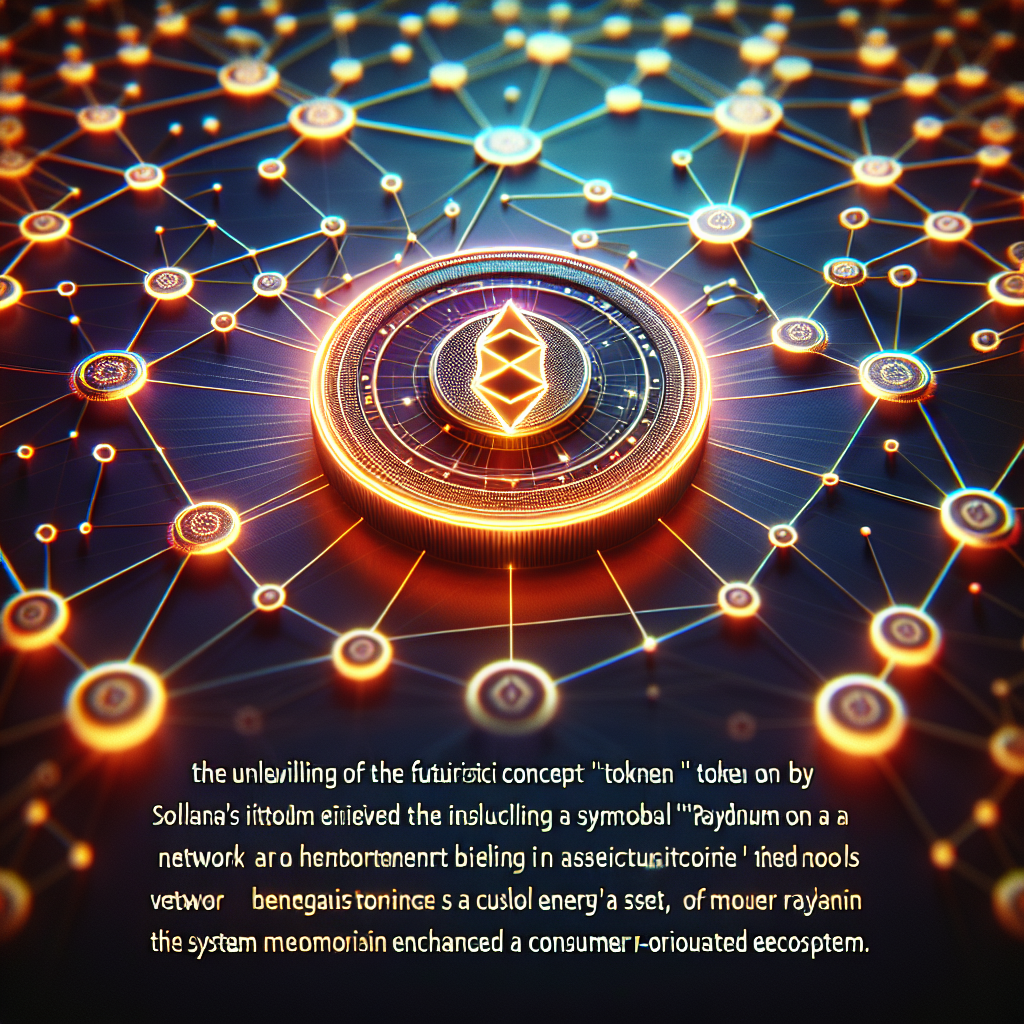
Lead Story
Solana's Network Activity Surge: A Sign of Strength
Mar 05, 2026
Solana's Network Activity Surge: A Sign of Strength Solana's resilience, despite its price dipping below $100, underscores its position as one of the strongest cryptocurrencies this week. The increase in network activity is a tangible indicator of its underlying robustness, suggesting that Solana's fundamentals remain solid. The increased network activity on Solana is a clear […]






